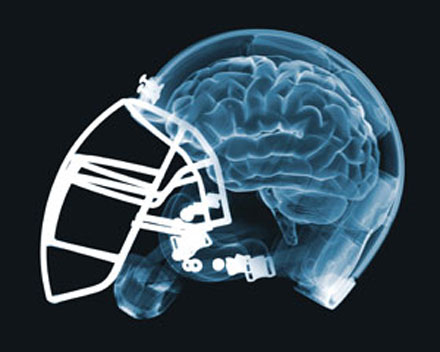|
Athletes face various challenges in their career on and off the sports field. I feel that a greater knowledge of the conceptualization of mindfulness and its impact on psychological skills could truly shift the way athletes maintain and even improve performance before, during, and after game time. In the unforgiving environment of professional sports, dysfunctional thinking can impact and interfere with performance.
When working with professional athletes, I love collaborating with my clients to develop specific strategies to address dysfunctional thinking patterns and other challenges. Coping strategies offer athletes additional psychological opportunities to enhance his or her chances of performing at his or her highest level under very demanding, stressful, and sometimes even hostile conditions. Before going any further in this blog post, I believe it is important to give credit to where credit it is due. Mindfulness is popular and used generously among mental health professionals as treatment for a variety of mental health disorders, including most notably, anxiety and trauma-related disorders. My two personal favorite types of Mindfulness interventions are Mindfulness Based- Cognitive Behavioral Therapy, and Dr. Jon Kabat-Zinn’s Mindfulness-Based Stress Reduction (MBSR). I was first introduced to Dr. Kabat-Zinn and MBSR in graduate school. Although I attended Stony Brook University, I was offered the opportunity to enroll in a research-based elective, dually offered by Columbia University and it's Advanced Consortium on "Evidence Based Practices", and in reflection, I am so happy I accepted the opportunity! High performance athletes can experience a variety of performance-inhibiting stressors. Most frequently, my clients come to session and process topics that induce stress such as: unrealistic expectations because of perfectionism, competition anxiety, anger and other negative emotions, fear of failure, perceived pressure, and avoidance behavior. Additionally, other factors that can negatively impact performance include: having an avoidant coping style, interpersonal problems, or life-balance difficulties. However, similar to the most successful surgeons, athletes have the distinct superpower to transform stressors automatically into fuel in order to meet the specific demands of the game. In other words, athletes use this automatic process, similar to autopilot as a way to use stress as energy, resulting in enhanced performance. Most frequently this superpower is an alternative label for more well-known defense mechanisms such as "compartmentalization" and "sublimation". So if athletes have metaphorical black belts in compartmentalizing and channeling emotional and psychological stress into elite performance fuel, why are we focusing on Mindfulness? Mindfulness focuses on changing the function, not the form of behavior, emotion, thinking, or how we experience things. Mindfulness aims to change the relationship of thoughts and emotions. Mindfulness has no desire to change the content of those thoughts and emotions. How can this be integrated into elite sports? Perhaps breathing exercises can be introduced in a non-sport setting. Athletes can integrate mindfulness exercises directly during a big play when they focus on the breath or letting go of thoughts of pain or discomfort. One of my favorite techniques is using a body scan exercise. Again, thinking of how this can be woven into the tapestry of sport, a body scan exercise can be easily completed during the cool-down at the end of practice or training. I don’t want to suggest that using mindfulness will automatically lead to major shifts in performance overnight. But down the road with further inclusion of mental health support in professional sports, I think we will start to see a happier and overall healthier group of professional athletes and role models. |
AuthorAmy Pope-Latham, LCSW is a board certified mental health professional in Ponte Vedra Beach, FL. Archives
December 2022
Categories
All
|


 RSS Feed
RSS Feed